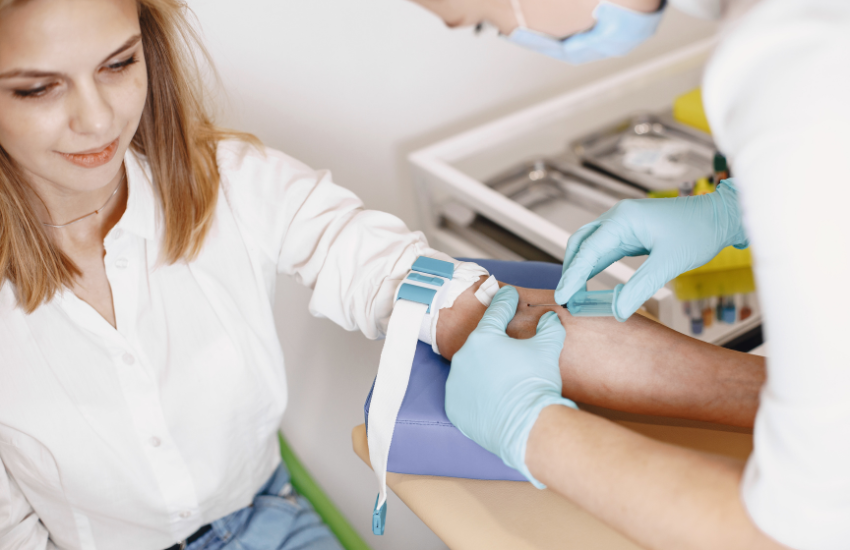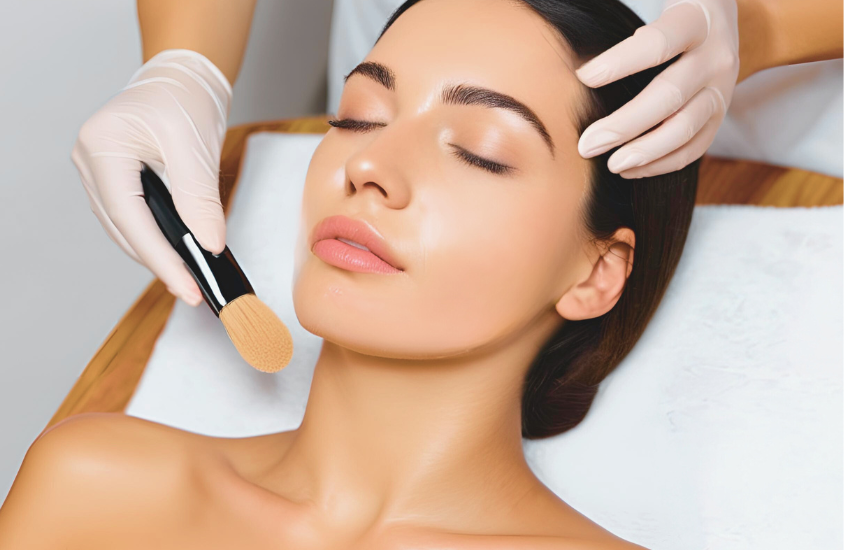
Health screenings are an important part of maintaining good health and preventing serious medical conditions. They can detect potential health problems – sometimes before symptoms show up – before they become more serious. They can also help identify risk factors that can be modified to reduce the chances of developing certain health conditions. Additionally, they allow healthcare professionals to develop treatment plans that can help you maintain good health. If you're preparing for a health screening, here's what you can expect.
What is a health screening?
A health screening is a medical examination designed to detect potential health problems before symptoms appear. It typically involves a series of tests, including physical exams, blood tests, and other diagnostic procedures. Depending on your age, gender, and medical history, your healthcare provider may recommend specific tests or procedures that are appropriate for you.
Before your screening
Before your health screening, your healthcare provider will likely ask you to provide some basic information about your health history and lifestyle habits. This may include factors like your age, family medical history, medications you're currently taking, and any chronic medical conditions you have. You may also be asked about your diet, exercise habits, and tobacco and alcohol use. It may be useful to bring any past medical records if you have them.
Here’s what you can prepare for before your health screening:
Follow any fasting or dietary instructions
Depending on the tests you will be undergoing, you may also be required to fast – this means avoiding food and drink for some time before your test. To ensure accurate results, Do check your health note a few days before your health examination, or call your healthcare provider if you are unsure.
Wear comfortable and loose-fitting clothing
You may be asked to roll up your sleeves, or change into a medical gown during the screening, so do wear clothing that is comfortable and easy to take off and put on.
Bring a list of medications
If you are currently taking any medications, make sure to bring a list of them with you to your screening. This will help your healthcare provider ensure that your medications are not interfering with your results and can also help them make informed decisions about any necessary adjustments to your medication regimen. Be sure to include the names of the medications, dosages, and how often you take them on your list.
Bring a copy of your medical history
If you are seeing a new healthcare provider, do bring a copy of your medical history with you. This can include any past surgeries, medical conditions, allergies, medications you are currently taking, and any recent test results. This will help your healthcare provider get a better understanding of your overall health and any potential risk factors.
Arrive early
Arriving early for your screening will give you time to fill out any necessary paperwork and ask any questions you may have beforehand.
—-------------------------------
During your screening
During the health screening, you can expect a variety of tests and evaluations to be performed. These may include:
Medical history review
Your doctor will review your medical history to identify potential risk factors or health concerns. You may also be asked about your family medical history to identify any potential genetic predispositions to certain conditions.
Physical examination
Your vital signs, such as blood pressure, heart rate, and temperature, will be measured. Your doctor may also listen to your heart and lungs, and examine your skin, eyes, and ears.
Laboratory tests
Blood and urine tests may be performed to evaluate your overall health and detect abnormalities. For instance, doctors often check for diseases such as diabetes, high blood pressure and high blood cholesterol.
Imaging tests
Depending on your age and medical history, you may be advised to undergo imaging tests, such as a mammogram or a bone density scan. X-rays or MRIs may also be ordered to help detect potential health issues.
Cancer screenings
Screening procedures such as mammograms, colonoscopies, and Pap tests, may be recommended depending on your age and sex.
Health Counselling
Your doctor may provide counseling in areas such as diet, exercise, and smoking cessation.
—---------------------
After your screening
Once the screening is complete, your doctor will review the results with you and discuss any concerns or recommendations for follow-up. If any abnormal findings are detected, your doctor may recommend further testing or referrals to a specialist.
Do note that health screenings are not a substitute for regular medical care – they just serve as one of the many tools that can help identify potential health problems and allow for early intervention. To maintain good health, it is essential to see your doctor regularly, have a healthy diet, and practice a healthy lifestyle.
Health Screening Services at Link Doctor
If you have a health screening coming up soon, remember that you don't have to be afraid to ask questions and talk to your healthcare provider about any concerns you may have. By working together, you can help ensure that you receive the best possible care. Here at Link Doctor, we offer a wide range of health screening services, including physical exams, laboratory tests, and imaging tests. Our team of experienced healthcare professionals is committed to providing you with personalised care and support to help you maintain good health. Link Doctor offers corporate health screening packages that can be tailored to fit your budget and requirements. Our rates start from S$150 for Basic Screening to S$9,900 per person for Executive Health Screening. Find out more about our health screening packages here.




